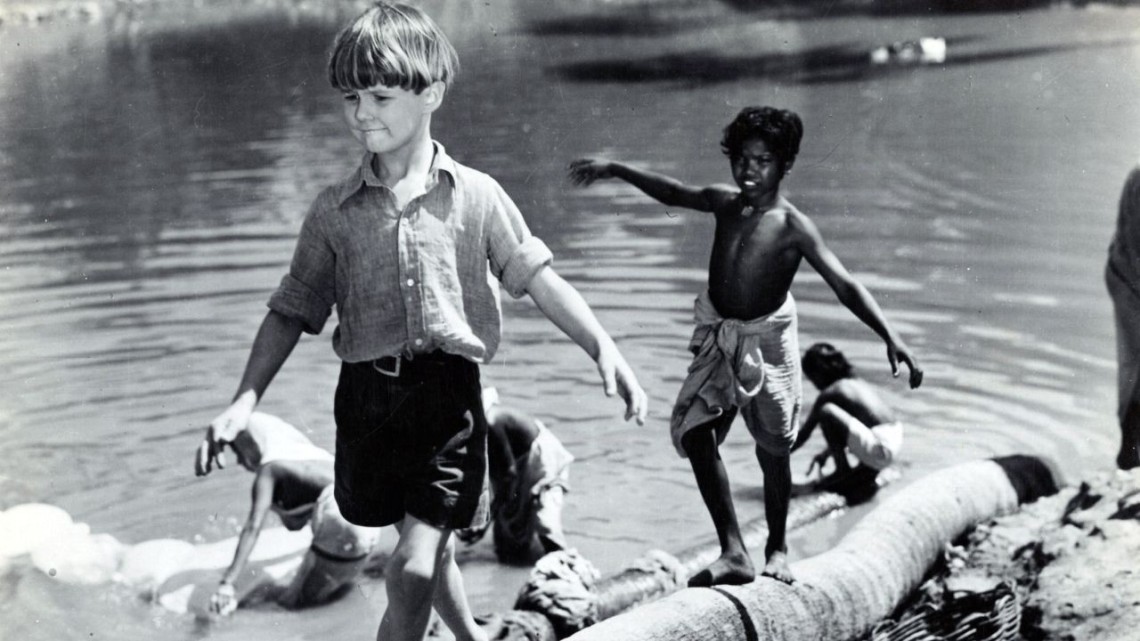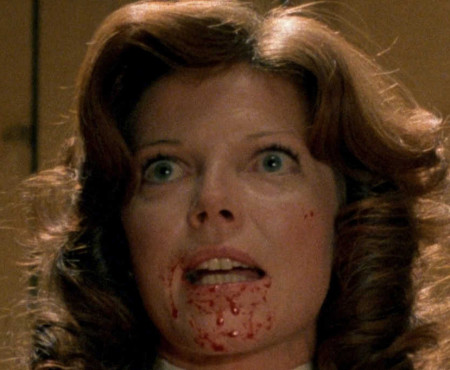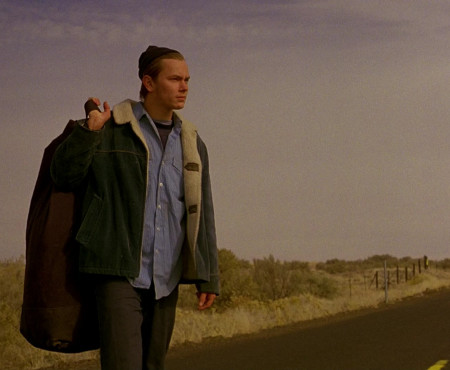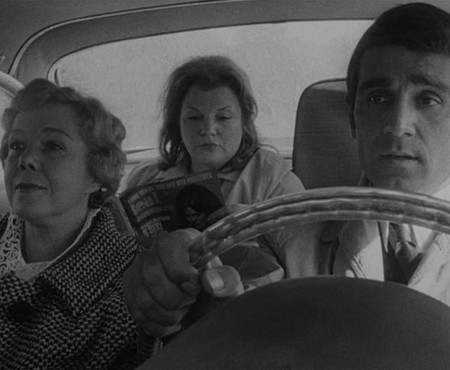Distributor: The Criterion Collection
Release Date: April 21, 2015
MSRP: $39.99
Order at Amazon
Movie: B+/ Video: A/ Audio: A-/ Extras: A-
The iconography most commonly associated with Jean Renoir’s The River (1951) can be linked, in most cases, not only to the film’s startling use of color, location, and exotic capability, but also to the immense difficulty of its production in the late forties. There also exists a proper devotion to memory, a sense of vivid recollection that concerns itself less with the politics of India, but one primarily centered on reflections of youth and how we interpret and misinterpret love. In this manner, The River, Renoir’s first color feature – shot entirely in India – is a delicate balance of simplicity and beauty, a wise coming-of-age tale that captures life’s transient nature in full effect.
While films such as La Grande Illusion (1937) and The Rules of the Game (1939) are often cited as the director’s finest works, Renoir has stated in the past that The River stands out as his favorite directorial effort. The film opens as a circle is being drawn with white rice paste on the floor of a courtyard. This shapely gesture is meant to honor new guests to India as well as signify life’s repetition and sense of renewal, a theme that flows throughout the film alongside the notion of destruction ultimately leading to rebirth.
Adapted from the novel of the same name by Rumer Godden, The River takes place in Bengal near a holy river where we view the story through Godden’s adolescent alter ego, Harriet (Patricia Walters), a member of an upper-middle class British family privy to both Western and Eastern philosophies. We meet her father (Esmond Knight) who runs a jute mill, her mother (Nora Swinburne), her nanny (Suprova Mukerjee), her three sisters, and her brother Bogey (Richard R. Foster). They all share warm relations with their neighbor Mr. John (Arthur Shields), his mixed-blooded daughter Melanie (Radha Burnier), whose Hindu mother has died, and Valerie (Adrienne Corri), the daughter of the man who owns the jute company.
This idyllic structure is interrupted when Mr. John invites his cousin Captain John (Thomas E. Breen), a World War II vet with a missing leg to visit his plantation. The eldest daughters immediately become smitten with Capt. John’s charm and heroic status.
“I wanted to break through his indifference,” says Harriet, constantly trying to win over the much older Captain John despite the fact that his romantic interests align more with Valerie and Melanie. Valerie’s cheery demeanor, thick red hair, and arresting eyes contrast Melanie’s and the native people’s mysterious stoicism and modest allure, traits Renoir mostly eschews in favor of a more traditional, relaxed drama concerning the isolated British family. The lives of the natives living outside the compound are seen through a long-shot, peripheral lens where we often observe them working or praying. As The River patiently unfolds, our insight into Indian life and culture is minimal save for a scene involving a ritualistic Hindu festival, and later, an expressive dance sequence involving Melanie that results in one of the film’s best moments.
Renoir’s removal of any hefty political inquiry feels justified given his interest in the women’s foregrounded sexual awakening and the idea of Harriet running from childhood into love. The River is a spiritual, humane work full of universal curiosity, pain, and acceptance. When Valerie mildly coughs after indulging in a cigarette for the first time with Captain John, a seemingly innocuous moment slips naturally into the authentic and lived-in; when Harriet spies on Valerie and the captain as they share their first kiss, Harriet’s words via narration – “It was my first kiss, but received by another. I couldn’t bare it,” – stings with authentic heartbreak and adolescent disappointment.
The film allows us to stroll beside it as we take in the breadth of the Technicolor images shot by Renoir’s nephew Claude Renoir and the drama of the four romantically linked characters. Formally playful, Renoir also employs a number a dissolves, cross-fades, fades to black, and finally, a subtle tracking shot over each of the characters while they’re sleeping in the third act. The River is full of small, poetic moments that are born anew in Criterion’s update of the film. Not much is really resolved by the film’s end. Unexpected tragedy is followed-up with the arrival of new life, signifying another warm and comforting cycle set in motion.
A/V
Boasting an all-around stunning video transfer, The River immediately announces itself as one of the best looking Technicolor films that Criterion has released. Filled with excellent clarity, depth, and astonishing saturation, the film’s exotic landscape is always a marvel to behold. There are no noticeable miscues to be found on the audio track, a mostly clean restoration without any balance issues.
Extras
There’s very little to complain about when it comes to the disc’s supplements. Director Jean Renoir appears in a brief introduction, explaining how the film came to exist and delving into the production process. Martin Scorsese surfaces in a 2014 Criterion interview, recalling his first memories of seeing the film, the detail of the film’s colors, and Renoir’s influence on him. The richest feature is a lengthy documentary featuring archival interviews with director James Ivory, Alexander Sesonske, Kenneth McEldowney (producer of The River), Ram Sen Gupta (camera operator), and the inimitable Bengali filmmaker Satyajit Ray, as well as others. Producer Kenneth McEldowney arrives again in an interview through chaptered audio excerpts that Criterion recorded in 2000. Film writer Paul Ryan caps things off with a new, informative audio essay focusing on the career of Jean Renoir. The essay also includes some archival footage and production still. The disc also comes with a trailer for the film, and an essay by film scholar Ian Christie and production notes by Jean Renoir.
Overall
An essential purchase for any loyal Renoir fan or casual cinephile, Criterion’s Blu-ray retooling of The River comes highly recommended for its wonderful barrage of visuals and wholly humanistic viewpoint. Criterion has outdone themselves once again.





















One thought on “The Criterion Collection “The River””
Pingback: Blu-ray Review: The River | serene cinema